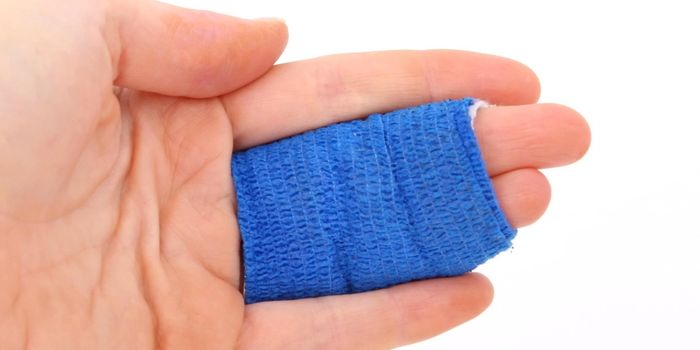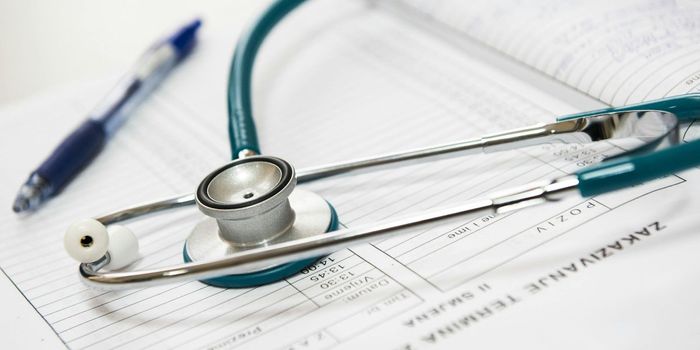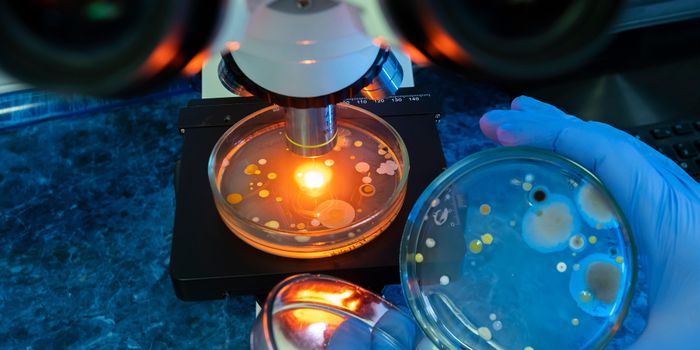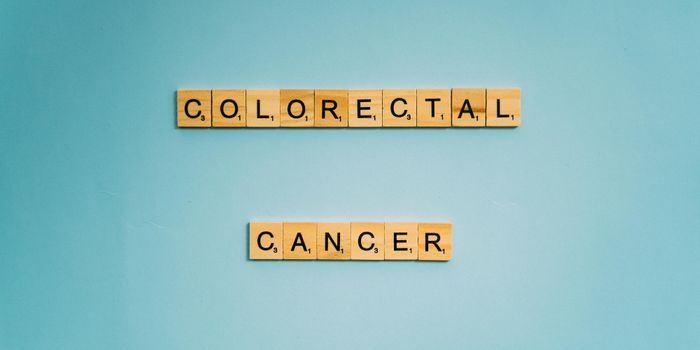Repurposing a Cancer Therapy to Treat Heart Disease
Oncologists have used radiation therapy for over a century to treat various types of cancer. In brief, radiation targets proliferating (or diving) cells more effectively than other cells. Most tumor cells rapidly proliferate (a biological mechanism by which cancer grows and spreads). Therefore, radiation therapy can induce death in proliferating tumor cells more effectively than healthy, non-cancer cells in the body. While this represents a highly simplified description of radiation treatment and cancer, we must recognize that this mechanism is not as cut and dry in reality, and, indeed, healthy tissue located near a treated tumor will often experience harm from radiation treatment. This concept explains some of the side effects associated with radiation therapy.
A new study published in the journal Med sheds new light on how this traditional cancer therapy could benefit another subset of patients: those with heart disease. The primary rationale for this work stems from the fact that many cells within damaged myocardium, the striated muscle in the heart, actively divide faster than other cells in the heart. In fact, cardiomyocytes, the cells responsible for heart contraction, stop diving immediately after birth and rely on a process called hypertrophy which results in growth without cell division.
The researchers evaluated whether the dichotomy of division rates between failing myocardium and healthy cardiomyocytes would make the heart a viable system for radiation treatment. The study evaluated this hypothesis in three mouse models of heart failure. The researchers treated mice with or without radiation and then observed changes in the heart.
Following cardiac radiation, mice exhibited favorable cardiac readouts, including increased ejection fraction and reduced end-diastolic volume. Upon tissue examination, the researchers found that radiation protected the muscle in the left ventricle from fibrosis. Further, radiation reduced an influx of inflammation characterized by immune cells called macrophages.
In addition, the researchers linked their pre-clinical findings to patient data. The study included an analysis of changes in the cardiac function of patients treated with cardiac radiation for ventricular tachycardia (VT), an irregular heartbeat characterized by the heart's lower chamber pumping too fast to provide adequate oxygen to the body. In the 9 patients evaluated, the research found that cardiac radiation improved ejection fraction and end-diastolic volume, similarly as observed in the mouse models.
Heart disease represents a remarkable clinical burden in the United States, where it remains the leading cause of death in men and women. In 2021, almost 700,000 people died from cardiovascular disease in the United States. Thus, we have a significant clinical need for more options for treating and curing these diseases. While the data presented in the current study is preliminary, it offers a viable pathway for future research evaluating the potential benefits of using radiation to treat cardiovascular complications.
Sources: Med, StatPearls (Saxton), Biochim Biophys Acta Mol Cell Res, Princ Regen Med, Circulation (Frey), Circulation (Tsao)









